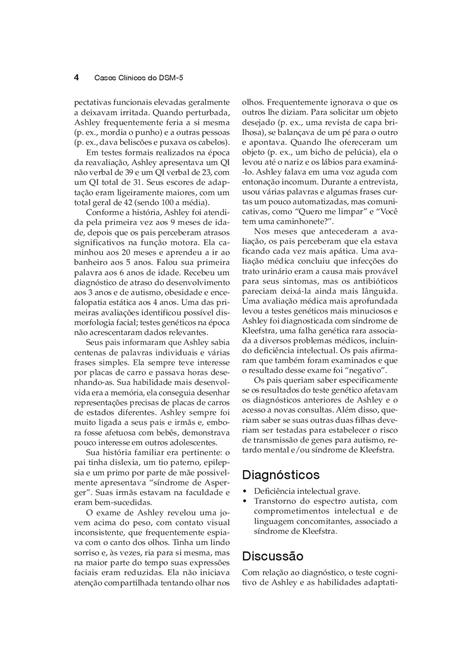

Alters must view themselves as more than different aspects of one complete person alters each have their own perception of themself as a unique individual or entity. The alter(s) may sometimes be mistaken for spirits and the experience of dissociation for one of possession. The symptoms are not attributable to the physiological effects of a substance (eg, blackouts or chaotic behavior during alcohol intoxication or other medical condition, eg, complex partial seizures) (American Psychiatric Association, 2013) 1.Ĭriterion A refers to the presence of at least one alter (distinct personality state) in addition to the main, or host, personality. Note: In children, the symptoms are not better explained by imaginary playmates or other fantasy play.Į. The disturbance is not a normal part of a broadly accepted cultural or religious practice. The symptoms cause clinically significant distress or impairment in social, occupational, or other important areas of functioning.ĭ.

Recurrent gaps in the recall of everyday events, important personal information, and/or traumatic events that are inconsistent with ordinary forgetting.Ĭ. These signs and symptoms may be observed by others or reported by the individual.ī. The disruption in identity involves marked discontinuity in sense of self and sense of agency, accompanied by related alterations in affect, behavior, consciousness, memory, perception, cognition, and/or sensory-motor functioning. Disruption of identity characterized by two or more distinct personality states, which may be described in some cultures as an experience of possession. The DSM-5 gives the following criteria for a diagnosis of dissociative identity disorder:Ī.


 0 kommentar(er)
0 kommentar(er)
